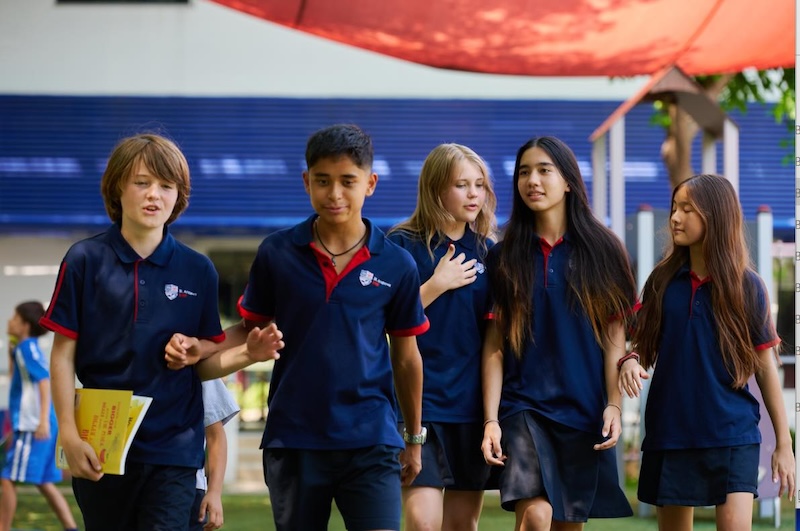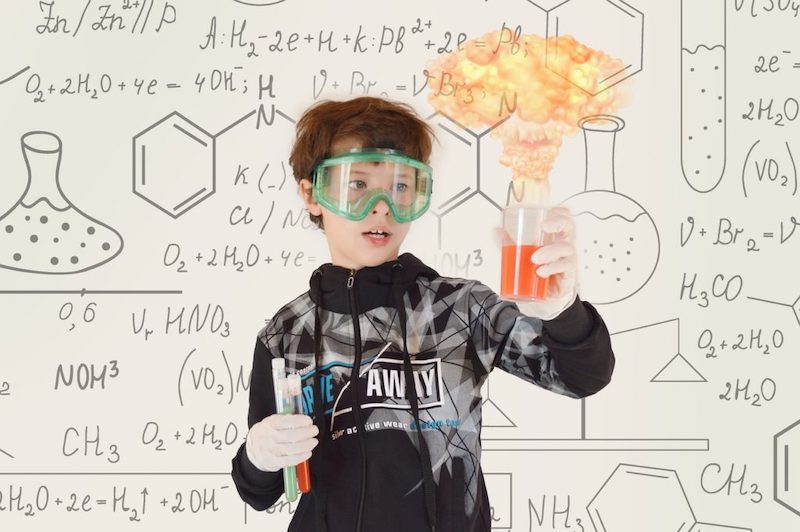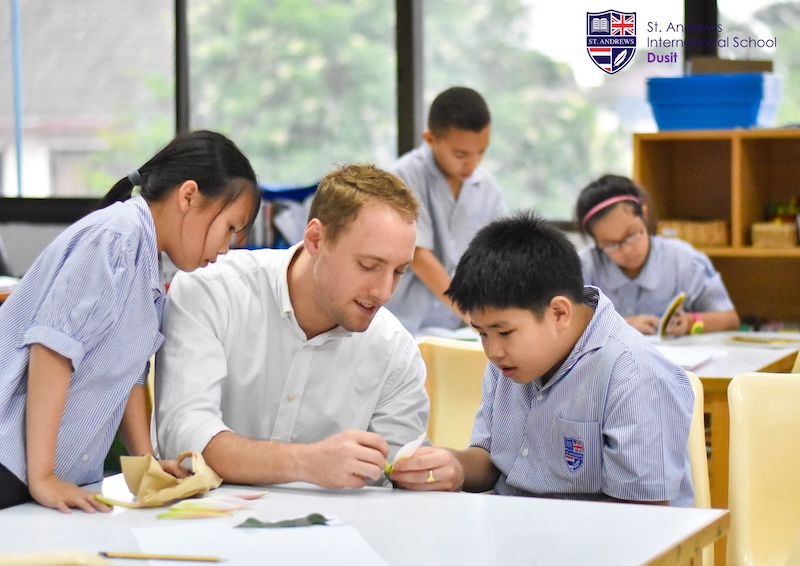With thanks to Amanda Sheppard, Student Counsellor and Wellbeing Coordinator at St. Andrews International school Sukhumvit 107
Bullying is an issue that affects every school – a third of the world’s population has experienced bullying, and much of this sadly happens during peoples’ formative, school-aged years.
At S107, conflicts and issues among peers are dealt with using a whole school approach. Across primary and secondary, smaller class sizes allow teachers and tutors to develop stronger relationships with students. In primary, daily check ins are conducted, and secondary tutors hold 1:1 meetings with their tutees to conduct both academic and wellbeing check-ins. This gives teachers heightened awareness of any changes that may result from peer difficulties or conflicts, allowing us to implement early interventions and deal with issues before they escalate.
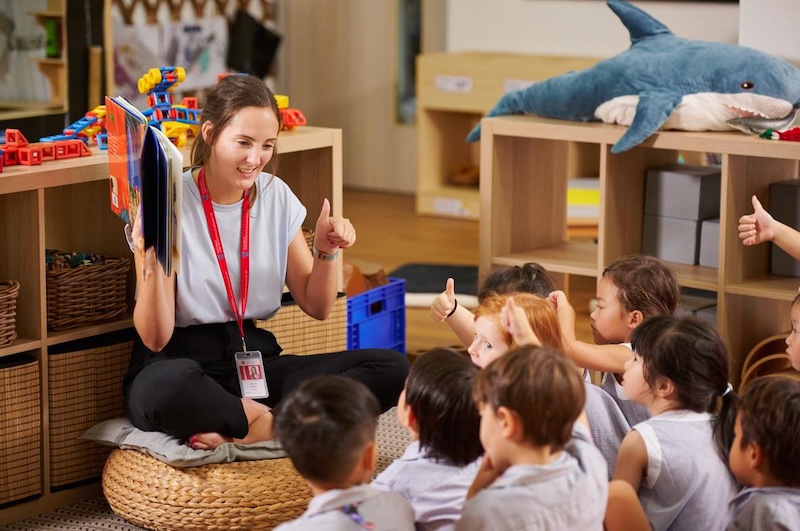
Restorative Justice Approach
When conflicts do arise, S107 has adopted a restorative justice approach, empowering students to take a leading role in mediating and resolving conflicts.
Among teenagers in particular, there is often concern around reporting or speaking up against bullying. We have implemented an anonymous reporting system which students can use by scanning a QR code, removing a barrier to accessing support when it is needed.
Those that are involved in conflict are invited to engage in open dialogue facilitated by our pastoral support team. Each party is offered an equal opportunity to share their thoughts, feelings and perspective on a situation before they reflect and together identify the best path forward.
Bullying Affects all Schools
Bullying is an important pastoral issue and without a doubt one which affects all schools, here at St. Andrews S107 it is one which we as a school have worked hard to address. In a recent student survey, we asked students to define bullying in order to better understand the key challenges students face, as well as its prevalence within our school community. This enables us to target specific challenges and to further support students in need.
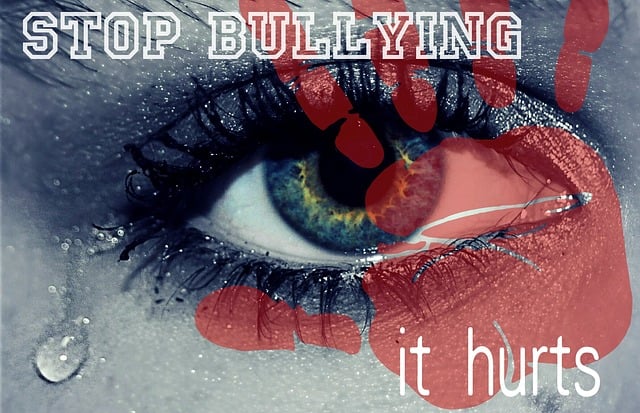
Whether an issue is big or small, empowering students to speak up, to support each other and to ask for help in difficult circumstances not only enables them to deal with the issues at hand, but creates a long-standing, preventive approach for the future.


